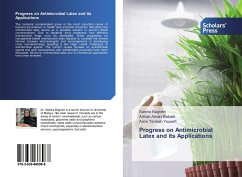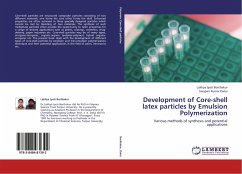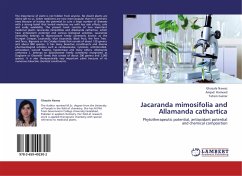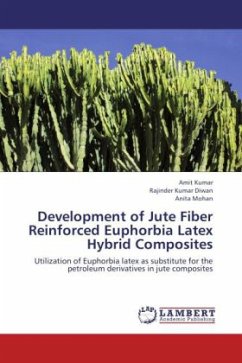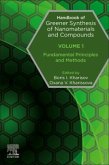The bacterial contaminated glove is the most important cause of bacteria transmission in health care and food industries. Manufacturing antimicrobial latex seems as a possible solution to prevent these contaminations. Due to bacterial drug resistance new effective antimicrobial drugs must be developed. Great progresses on nanoparticle-based antimicrobial latex requires to consider the shared interest between microbiologists and nanoengineers in developing novel nanotechnology targeting a few major unmet challenges of antimicrobial agents. The current review focuses on antimicrobial agents and also nanoparticles with antimicrobial properties have been discussed. Moreover antimicrobial latex and its biomedical applications have been reviewed.

